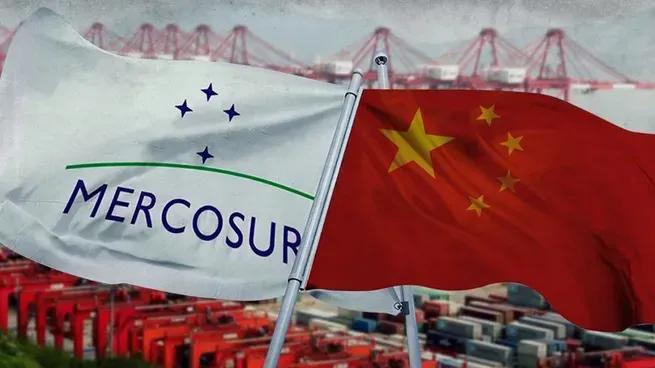China is betting on its relationship with developing countries that need financing and manufacturing, which is why it is targeting regions like Latin America. But what are the prospects for the Argentina-China Bilateral Relationship?
The relationship between Argentina and China is shaping up to be one of great importance in the current global context, marked by China's growing influence and the search for stability in an uncertain economic environment. China continues to consolidate its global leadership through strategies that combine advances in different areas with a "trial and error" approach. This process takes place in a world that, although presenting "stabilized volatility," faces weakened economic growth and potential geopolitical tensions, albeit without an immediate risk of direct confrontations. Let's remember the Black Monday of Asian markets and the armed conflicts in the Middle East and Europe. Something that does not escape the Asian giant.
In terms of the bilateral relationship, Argentina and China are experiencing multidimensional growth based on shared pragmatism. China, with its ambitious Dual Circulation Strategy and the "Made in China 2049" initiative, seeks to strengthen its global role while implementing internal reforms in areas such as politics, economy, technology, and security. In this context, the relationship between the two countries could expand significantly, especially in key sectors such as mining, energy, and petrochemicals.
However, the path towards greater integration presents challenges. The negotiation of a Free Trade Agreement (FTA) between Mercosur and China shows progress but faces obstacles due to divergent positions within the bloc. Despite these challenges, there is strong interest in Argentina to explore new opportunities and improve relations with China, in line with Uruguay's proposal within Mercosur and despite the discursive distances of the current administration.
Uruguay continues to work on deepening its relationship with China with a Free Trade Agreement, either bilaterally—as was originally planned—or within Mercosur, for which a meeting took place between La Calle Pou and Milei.
In this regard, China is consolidating as an important investor in Argentina, with significant projects in mining, renewable energy, and manufacturing. Chinese investments in the country range from the modernization of the Belgrano Cargas railroad and the construction of wind and solar parks to the acquisition of assets in the lithium sector. These developments offer Argentina opportunities to boost its growth in strategic sectors, although they also bring challenges in terms of competition and trade policies.
The impact of the relationship with China on the Argentine economy will be largely determined by the success of internal economic policies and containment measures implemented. As Argentina adjusts to a new macroeconomic scenario that includes the elimination of the "Impuesto País" and trade opening, an increase in investments and trade is expected. However, the country must also face challenges, such as overcapacity in the steel industry and the pressure of Chinese imports in various sectors.
To maximize the benefits of the relationship with China, Argentina needs to adopt a pragmatic strategy that considers both opportunities and risks. It is crucial to maintain trade defense tools, such as antidumping measures and technical regulations, to protect the local industry and ensure a fair trade environment. Additionally, cooperation between the public and private sectors will be essential to leverage the advantages and mitigate the negative impacts of this relationship. In this relationship, the role of the World Trade Organization and its regulations will be key, which both countries must adhere to if they do not want to incur breaches for dumping (something the Asian country is often accused of) or failure to pay and expropriations just on the edge of legality (something in which Argentina has experience).
In summary, the bilateral relationship between Argentina and China is in a growth phase with great opportunities but also significant challenges. Future success will depend on Argentina's ability to navigate this complex environment and its capacity to implement effective strategies that maximize benefits and manage associated risks, in a power-imbalanced position vis-à-vis China.


Comments